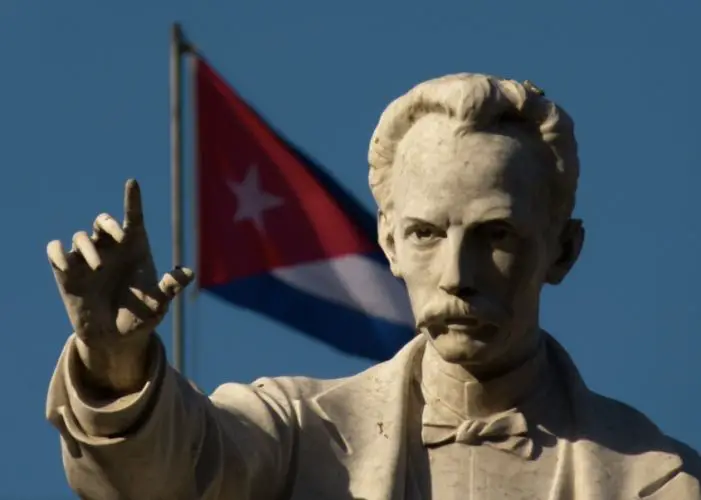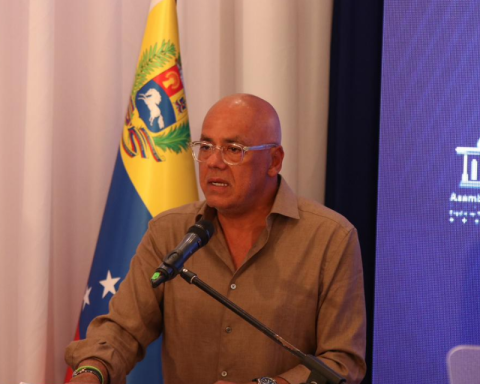MIAMI, United States. — On March 25, 1889, it appeared in the newspaper The Evening Postfrom New York, Vindication of Cubaa public letter written by José Martí and published under this title in the newspaper The Evening Post.
It is a fiery defense of Cubans by a Martí who, in full political maturity, was in charge of dismantling the slanderous accusations that appeared in the article Do we love Cuba?published in the newspaper The Manufacturerof Philadelphia, and reproduced by himself The Evening Post.
In the article of yore, the idea of the annexation of Cuba to the United States was rejected based on the defects of the Cuban people. It was further alleged that Cubans did not know how to handle themselves, that they were lazy, of deficient morals, incapable by nature and of little experience to fulfill the obligations of citizenship in a great and free republic.
Do we love Cuba? it went down in history as a true insult to Cubans, who were described as effeminate, lazy, useless verbose, enemies of hard work, lacking manly strength and self-respect.
The text had a quick response from Martí, who titled his defense of the Cubans Vindication of Cubaa letter in which Martí highlights the virtues of the Cuban people and their ideal of independence.
In his response, Martí described Cubans as men who have fought like giants to be free, after having suffered impatiently under tyranny and having had to battle against an oppressor who deprived them of the means to live.
The Apostle further maintained that the mestizos and city youths are generally delicate in body, loquacious, and courteous, but that this did not prevent them from rising up in a day against a cruel government, obeying like soldiers, sleeping in the mud, eating roots, fight ten years without pay, beat the enemy with a tree branch and even die.
















